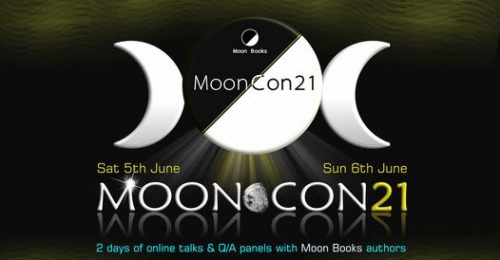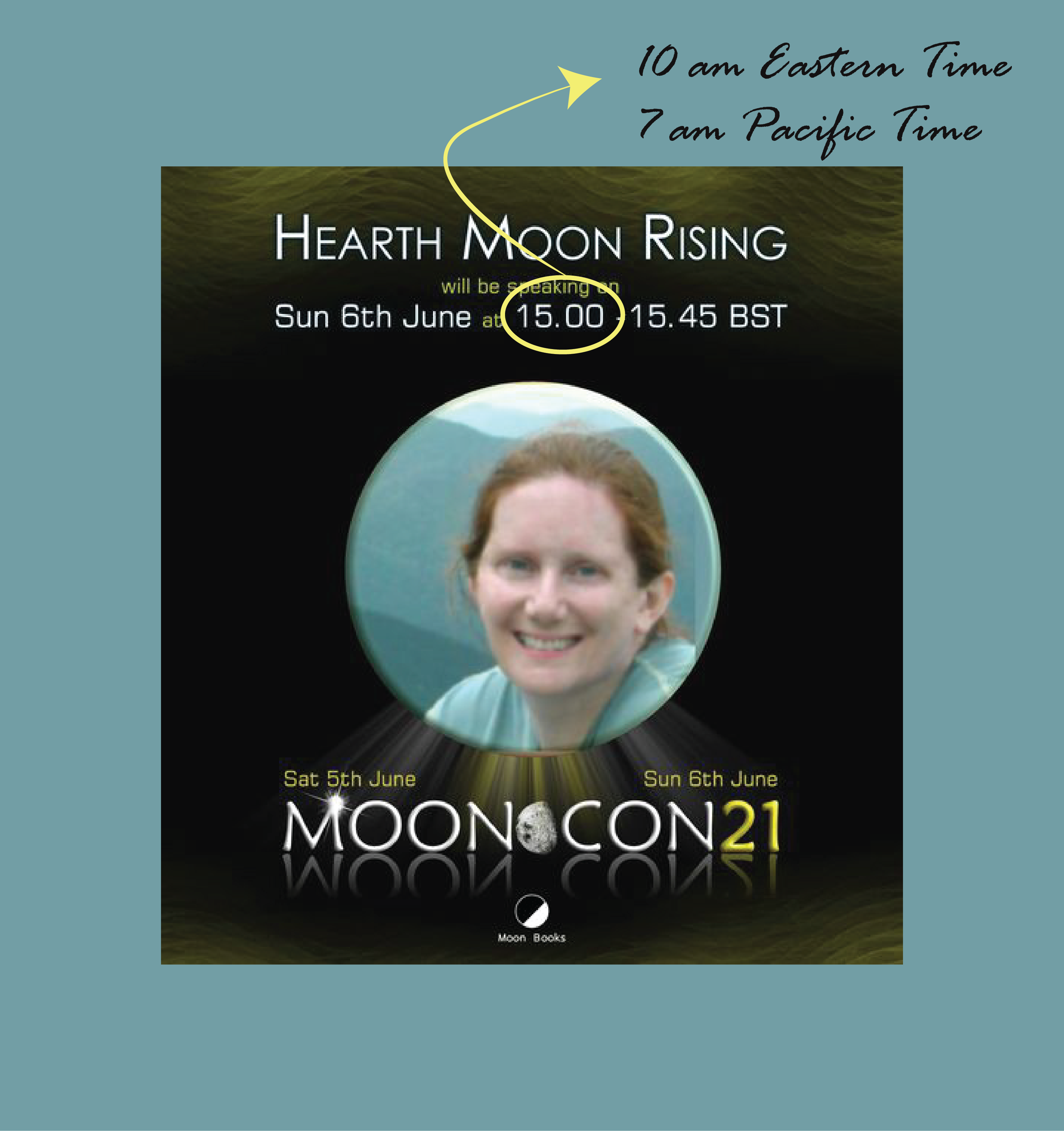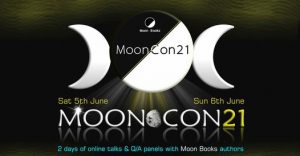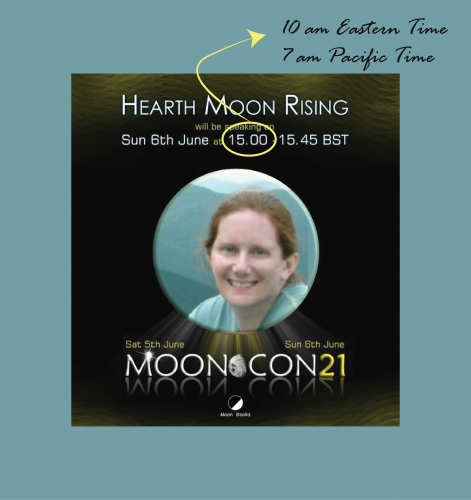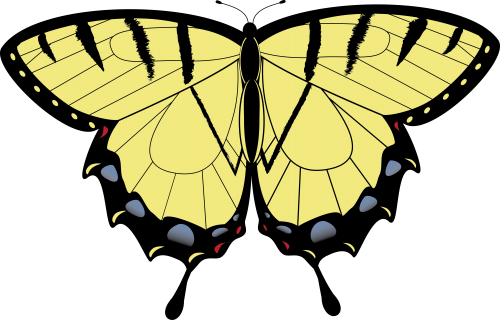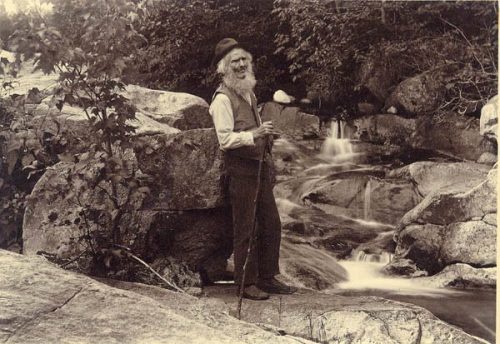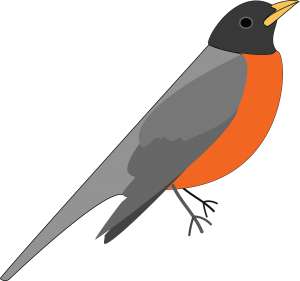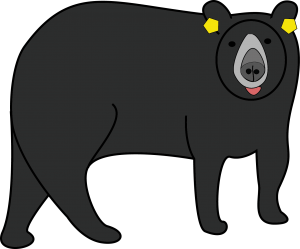I did some research for a this famous mountain guide for a local 2022 calendar.
Orson “Old Mountain” Phelps (1817-1905). World renowned mountain guide and longtime resident of Keene Valley. He cut the Bartlett Mountain Trail and the trail to Mount Marcy from Lower Ausable Lake. He had a special affinity for Mount Marcy, which he claimed to have summited more than one hundred times. Phelps Mountain and Phelps Brook were named for him.
Born in Vermont, he was the son of a surveyor and worked at the Adirondack Iron Works in Tahawus in his youth before becoming a professional guide. He was celebrated for his keen observation of wildlife and plants. Like most other guides of the time, he fished, hunted, and trapped. He also collected wildflowers and harvested materials he used to craft durable pack baskets. Alfred Donaldson observed that “One does not think of Old Phelps so much as a lover of nature…as a part of nature itself.”
Unsurprising for a man who spent much time alone in the woods, Phelps was considered unique and even eccentric in his perspective. He was as deeply religious as any man of his century, but his sporadic church attendance never overshadowed the God he met in meadow flower and mountaintop. A storehouse of information about natural lore, combined with a trove of knowledge of scenic hideaways, were his attractions as a guide. While other entrepreneurs mined the early tourist trade for the sport of hunting and fishing, and today’s pilgrims are drawn to test their grit against the mountain, Phelps was in the wilderness to hear the voices of God. As such, he attracted disciples more than clients, bursting into national acclaim through Charles Dudley Warner’s tribute in The Atlantic. “Old Mountain” Phelps became the consummate denizen of the wild, with the disheveled appearance and primitive education requisite in the philosopher sprung from nature.
His dislike of bathing was well attested, but far from being an anchorite, he was in fact a village dweller with a large family. His intellect was cultivated as much by voracious reading as by forest spirits, and the quality of his published field studies led dedicated scholars to lament his loss to the natural sciences. The popular portrayal was true, however, in the sense that Phelps was not a goal-oriented man. Others might scramble for a decent living or strive to conquer mountain upon mountain, but Phelps was in the world to enjoy it. His appreciation shone through his poetry:
Of great boulder rocks and their sweet crystal fountains,
Fresh from their Creator they have all come to me.
And I must soon leave to unborn generations,
Those scenes that so long have been dear to my sight,
Who will hereafter view them with varied emotions,
And volumes about them great Authors will write.
Oh! The old feldspar mountains, with their sweet crystal fountains,
The evergreen mountains we all love so well!
We all love the Adirondacks, but we all differ in our capacity to understand how remarkable our place in the world truly is. Old Mountain Phelps was a guide into this ever uncharted terrain.
